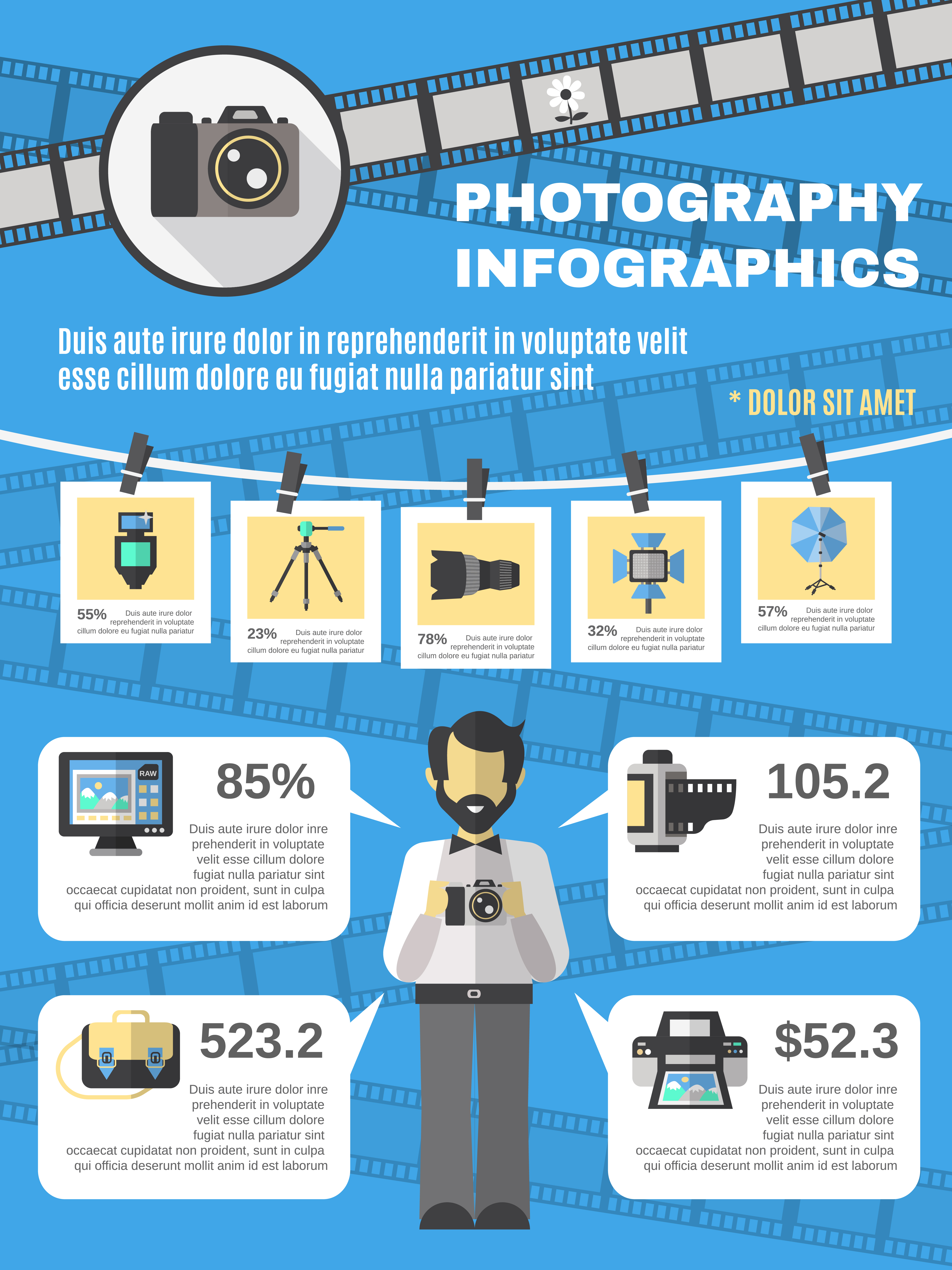Photography Tips For Beginners: Understanding Your Video Camera In No Time
Photography Tips For Beginners: Understanding Your Video Camera In No Time
Blog Article
Content Author-Weber Elmore
When you initially grab your camera, it can really feel overwhelming with all the setups and choices readily available. You might find yourself questioning exactly how to browse aperture, shutter speed, and ISO successfully. Grasping these fundamentals is essential, however there's even more to digital photography than simply technical knowledge. Understanding composition strategies and lights problems can boost your pictures substantially. So, what happens if you could learn easy techniques to improve your abilities and start catching outstanding photos faster than you assume? Allow's explore just how to transform your photography journey.
Recognizing Video Camera Setups
Comprehending your electronic camera setups is vital for catching sensational pictures. When you grab your camera, familiarize on your own with the three primary setups: aperture, shutter speed, and ISO. Each plays a crucial role in just how your pictures end up.
Begin with aperture, which controls the quantity of light going into the lens. A broader aperture (lower f-number) allows much more light and creates a stunning history blur, best for pictures. Conversely, a narrower aperture (higher f-number) keeps even more of the scene in emphasis, perfect for landscapes.
Next off, concentrate on https://blogfreely.net/christena2trenton/crucial-digital-photography-gear-what-you-really-required-to-begin . This setting identifies for how long your video camera's sensor is revealed to light. A rapid shutter rate freezes activity, which is wonderful for activity shots, while a sluggish shutter speed can produce stunning effects like smooth water in landscapes.
Finally, adjust your ISO. This setup influences your cam's level of sensitivity to light. A greater ISO serves in low-light situations yet can present sound or grain. Aim for the most affordable ISO possible while still attaining appropriate exposure.
Composition Methods
When you're out shooting, structure can make all the distinction in how your pictures reverberate with audiences. Start by using the rule of thirds; picture your structure split into nine equal sections with two horizontal and two vertical lines. Position crucial elements along these lines or at their junctions to produce equilibrium and passion.
Next, take into consideration leading lines. These natural lines in your scene, like roads or rivers, attract the customer's eye into the photograph, assisting them through the story you're informing.
Don't ignore framing; usage elements within your scene, like trees or home windows, to produce a structure around your topic, including depth and focus.
Also, watch on your history. https://fstoppers.com/business/three-tips-land-photography-sponsorship-163761 cluttered history can sidetrack from your primary topic, while an easy one helps it attract attention.
Lastly, try out proportion and patterns; they can develop a striking photo that captures focus.
Learning Lights Issues
Mastering lighting problems is vital for catching stunning photographs, as the right light can transform an average scene into something amazing.
Start by observing natural light at various times of the day. Mornings and late afternoons use the very best light, called the gold hour. The soft, cozy tones during these times can improve your photos perfectly.
Do not avoid overcast days either; diffused light can minimize harsh darkness and develop a pleasing result, especially for portraits.
Try out backlighting by positioning your topic versus the light. This technique can create a fanciful halo effect and add deepness to your photos.
Pay attention to your camera settings also. Change the ISO, aperture, and shutter rate to suit the illumination problems. A greater ISO can help in low light, but be cautious of grain.
Make use of a tripod in darker atmospheres to avoid blur.
Finally, don't fail to remember synthetic lights. Flash and continuous lights can be great devices for regulating light in tough conditions.
Conclusion
To conclude, grasping your camera doesn't need to be overwhelming. By understanding your setups, applying make-up techniques, and using the power of natural light, you'll rapidly boost your photography skills. Keep in mind, practice makes best, so venture out there and explore your newfound knowledge. With time and devotion, you'll be recording stunning pictures that show your one-of-a-kind viewpoint. Enjoy the trip, and do not neglect to have fun while you go to it!
